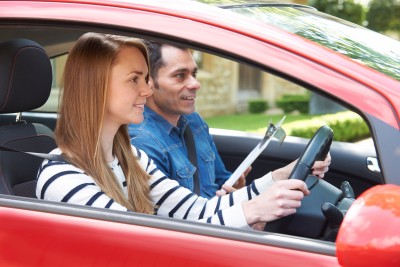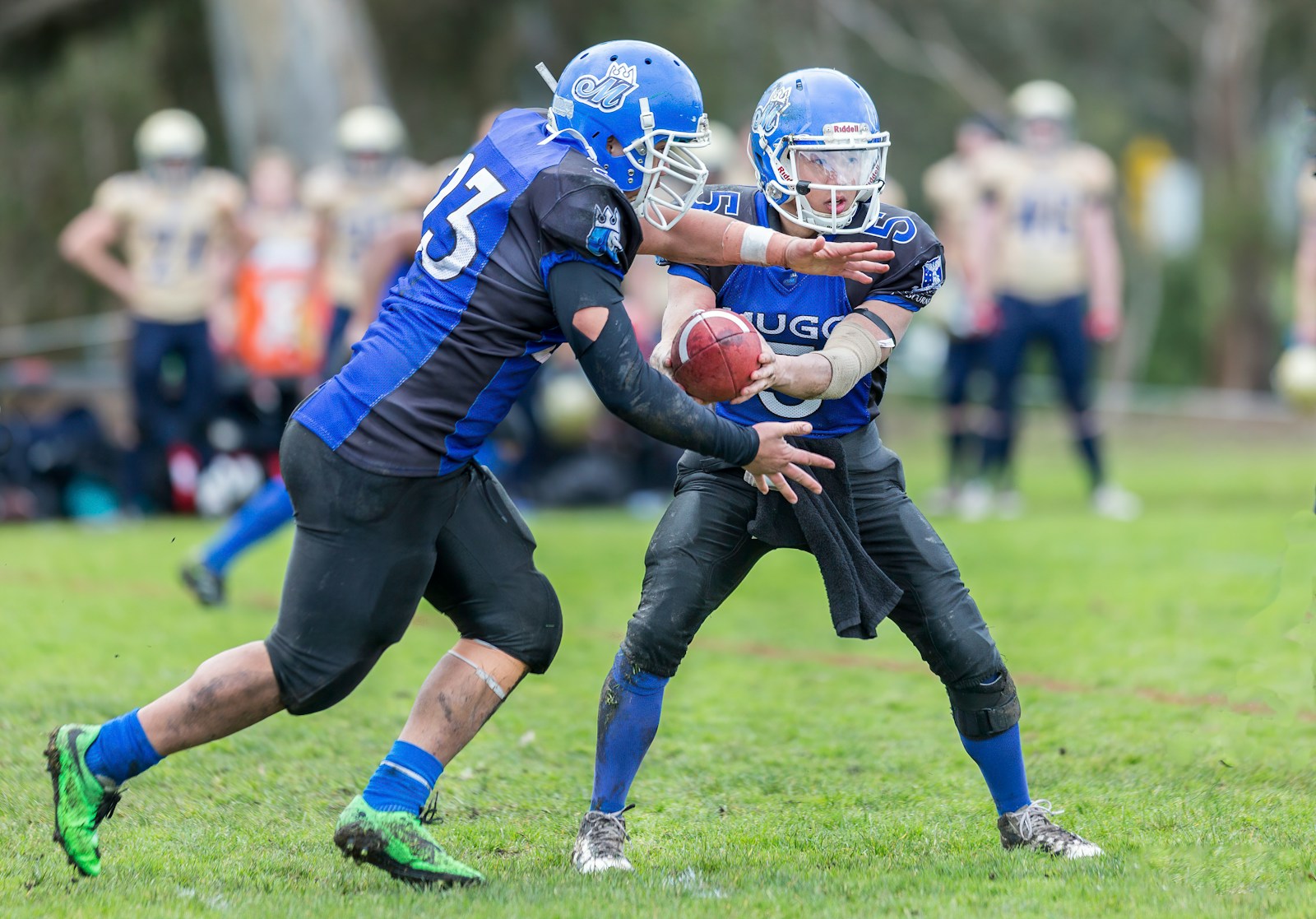
There are very few of us who don’t experience some nerves when arriving at the test centre and preparing to take our driving test.
The driving examiners will often try to reassure you and put you at ease in the first few moments, but their job is to test whether your driving skills are up to the required standard. They also have a duty to ensure that you are safe enough behind the wheel to reduce the prospect as much as possible of being involved with or causing a road traffic accident.
Gaining confidence
If you have learnt to drive through a driving school, your instructor will use their experience to gauge when you are ready to take your test and suggest when you need to apply for a test date.
The fact that a qualified driving instructor feels you are ready to take your test should instil some level of confidence in your ability to drive to the required standard and it is also worth remembering that a driving examiner is not looking to fail you when you take your test.
A good way of gaining some extra confidence and to put you more at ease for your test, would be to ask your instructor or a parent to drive around the likely test route and surrounding area so that you are familiar with junctions and road markings that you are likely to encounter at some point in the test.
Take a practice test
When you actually take your driving test for real, the examiner will be testing various aspects of your driving throughout what is approximately a forty minute test of your driving skills and knowledge.
If you use a driving school or independent instructor to teach you to drive, they will of course be extremely familiar with what the test involves and will be looking to teach you everything you need to know and be able to do behind the wheel in order to pass.
Your instructor will often suggest using one of your lessons near the end of your course to take a practice test, with a view to simulating the test conditions as best as possible and scoring your driving in the same way.
They will be able to accurately predict whether you would have passed or failed your test if it was for real.
Taking a practice test is often a great help as it identifies potential weaknesses that you need to work on before your actual driving test but it also can give you some confidence by knowing what to expect in the driving test itself.
Coping with anxiety
Some of us get more anxious and nervous than others and this can affect our ability to drive as well as we can do.
You should only book your test date when you are sure that your driving is up to the required standard and then simply get a goods nights rest the evening before your test and turn up confident that you have what it takes to pass.
Less than half of us pass our test at the first attempt so you should not feel like a failure if you do happen to fail, but as long you prepare and find a way of keeping your nerves in check that works for you, there is a good chance that you will be granted the freedom of the road by the examiner.
Jeffrey Preiss is a stress counsellor and sees plenty of nervous motorists amongst others. He has some helpful and insightful observations to share online and writes regularly for a number of relevant websites.


